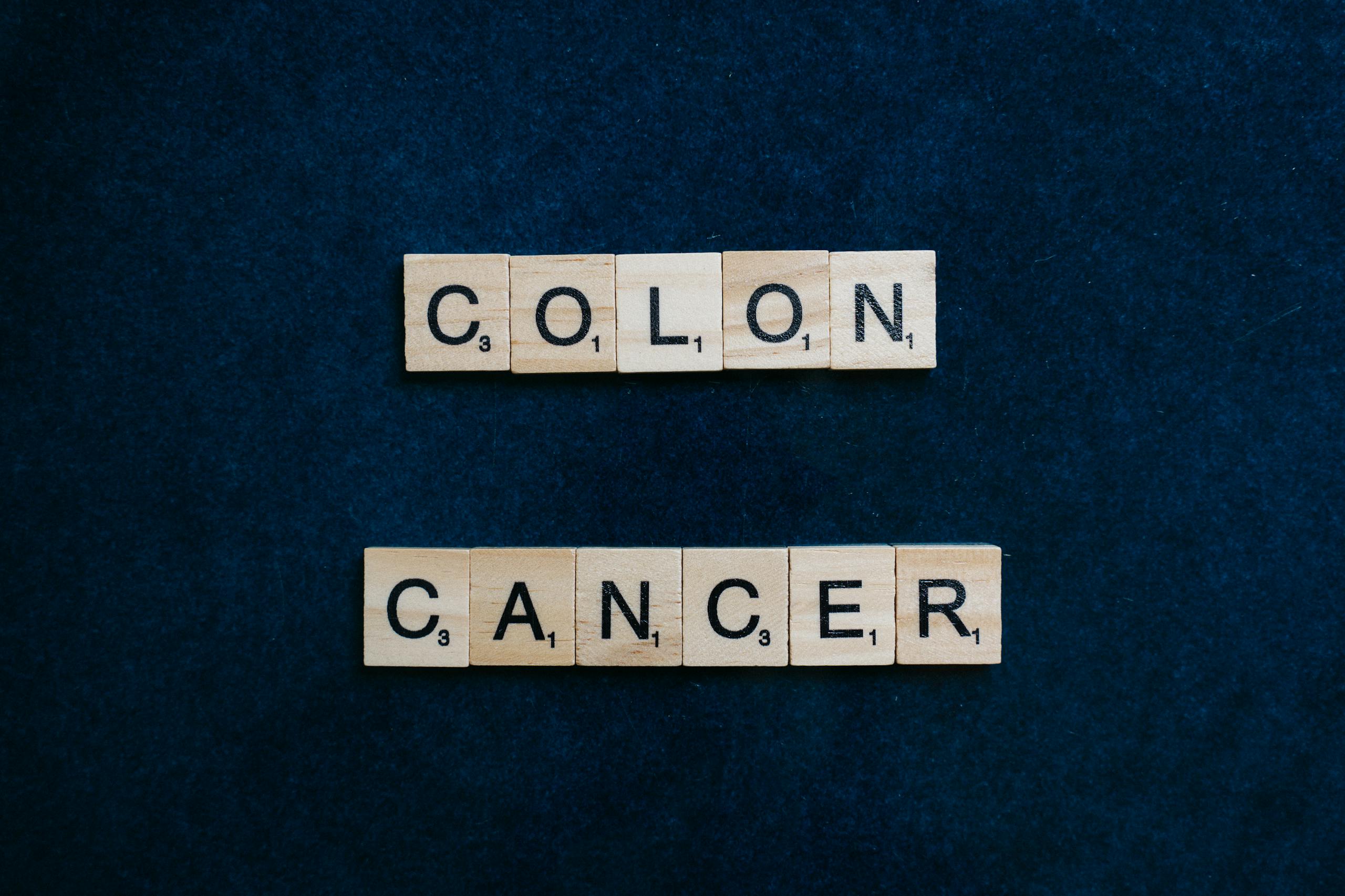Colon Cancer Isn’t Just for Seniors Anymore
This blog post may contain affiliate links in it. This means that if you make a purchase by using one of the affiliate links provided in this article, then we will get a small commission at no extra expense to you. We only promote products we love and believe in
Colon Cancer in Young Adults Is Rising at Alarming Rates
According to the American Cancer Society, colon cancer cases are increasing rapidly among people in their 30s and 40s. Colon cancer is now the third most diagnosed and second deadliest cancer among men and women in the U.S. In 2018, the screening age was lowered from 50 to 45—but I was diagnosed at just 41.Cancer, so what average risk I fall into?
My Colon Cancer Diagnosis Changed Everything
This is my truth. Telling it brings tears, but it’s something I have to do. I’ve lost friends and family to cancer, and this is my way of raising awareness.
In February 2016, I felt something was off. My heart would pound after showers or getting out of bed, though I exercised, ate healthy, and slept well. One morning, during a workout, I nearly fainted. My skin turned pale, and I struggled to breathe. I ended up going to Urgent care, and Doctor ran tests and even drew my blood to send to lab. All my vital signs looked “normal” but at 3:30 a.m., I got the call from the supervisor at the lab in which she strongly advised me that I needed to go to the nearest E.R, because I needed an emergency blood transfusion immediately.
The lab supervisor said I only had one-third of the amount of blood a body needs. How I hadn’t passed out was a miracle. My heart sank, and I looked at my 7-year-old son sleeping and wondered: What’s wrong with me?
The Shocking Path to a Colon Cancer Diagnosis
At the ER, I received three rounds of transfusions. Still, no one knew why my red blood cell count was so low. At the hospital the doctors wanted to keep me longer to run more test, but I refused to stay there and I followed up with my primary doctor. Once at her care she ran series of test and who confirmed chronic anemia and referred me to a gastroenterologist her husband. He scheduled an endoscopy and colonoscopy to investigate possible internal bleeding. I was shocked wasn’t a colonoscopy for older adults? Not anymore.
Colon Cancer at 41: The Diagnosis No One Expected
After the colonoscopy, the doctor found a tumor in my colon. A CT scan followed, then a referral to Dr. Hunt, the colorectal surgery chief at New York-Presbyterian. That’s when I heard the words no one wants to hear:
“You have Colon Cancer.”
I was stunned. I had no symptoms, no family history, and was considered healthy. I didn’t fit any of the traditional screening criteria. The biggest mistake I did was go alone to the doctor, I was not expecting to hear those words.
Undergoing Surgery for Stage II Colon Cancer
My colectomy surgery happened the day after Easter, right after celebrating my son’s birthday. Pretending everything was fine when I was terrified inside was one of the hardest things I’ve ever done. Under the care of Dr. Hunt he removed the tumor, surrounding lymph nodes, and part of my large intestine. Recovery was tough, but thankfully, the surgery was successful.
A week later, I got the final diagnosis: Stage II Colon Cancer.
The Next Phase: Oncologist Consultation and Iron Treatments
I met with my oncologist who, after reviewing everything, concluded the surgery was curative. I didn’t need chemo or radiation. But due to severe anemia, I received three rounds of IV iron treatments to rebuild my levels. He praised my primary care doctor for acting quickly and ordering a colonoscopy even though I didn’t meet the typical Colon Cancer profile nor the age to have this test done.
3 Silent Symptoms of Colon Cancer To Never Ignore
You don’t need to be over 50 to have colon cancer. Here are three signs I experienced and why they shouldn’t be ignored:
1. Unexplained Weight Loss
I lost weight quickly, and I thought it was just my workouts. But the tumor was blocking my colon, affecting digestion and nutrient absorption.
2. Irregular Bowel Movements
If you’re experiencing ongoing diarrhea, constipation, or bloody stools, speak up. It may be embarrassing, but it could save your life.
3. Stomach Pain and Blockage Symptoms
Persistent cramping, vomiting, and bloating can indicate an intestinal blockage just like the one I had in 2014 that was misdiagnosed.
Colon Cancer Awareness: Be Your Own Advocate
Too often, young adults are diagnosed with colon cancer late, because symptoms are brushed off or misdiagnosed. That happened to me in 2014 when I was hospitalized with stomach pain and vomiting. I had two of the three signs back then, but I wasn’t screened because I was “too young.”
Here’s what I’ve learned and want you to know:
- Speak to your doctor about Colon Cancer screening even if you’re under 45.
- Don’t lie or hold back symptoms.
- Ask about the BRCA gene test if you have a family history of cancer.
- Always get a second opinion if something doesn’t feel right.
- Keep records of medical visits, tests, and insurance coverage.
- Most importantly, listen to your body.
Final Thoughts: A Message for Anyone Facing Colon Cancer
I am one of the lucky ones, my colon cancer was caught early. I’m here, alive, and able to raise my son, because I listened to my body and had a doctor who didn’t brush off my symptoms.
If you’re going through this or know someone who is: you’re not alone. There’s light after the darkness. Have faith, stay strong, and surround yourself with people who lift you up. My journey wasn’t easy, but it gave me a second chance and a voice to speak out.
If you ever need someone to talk to, I’m here. 💙 Leave me a message down below or DM me.





